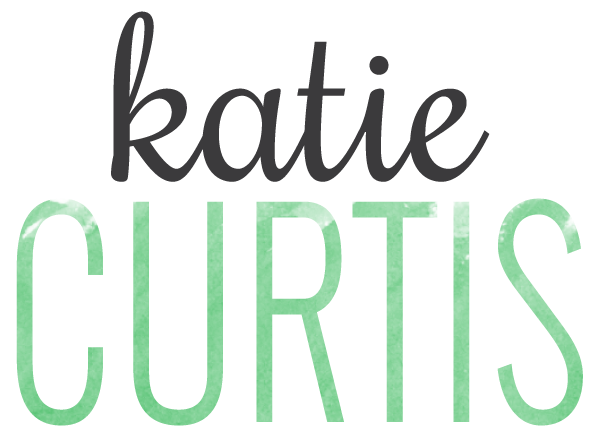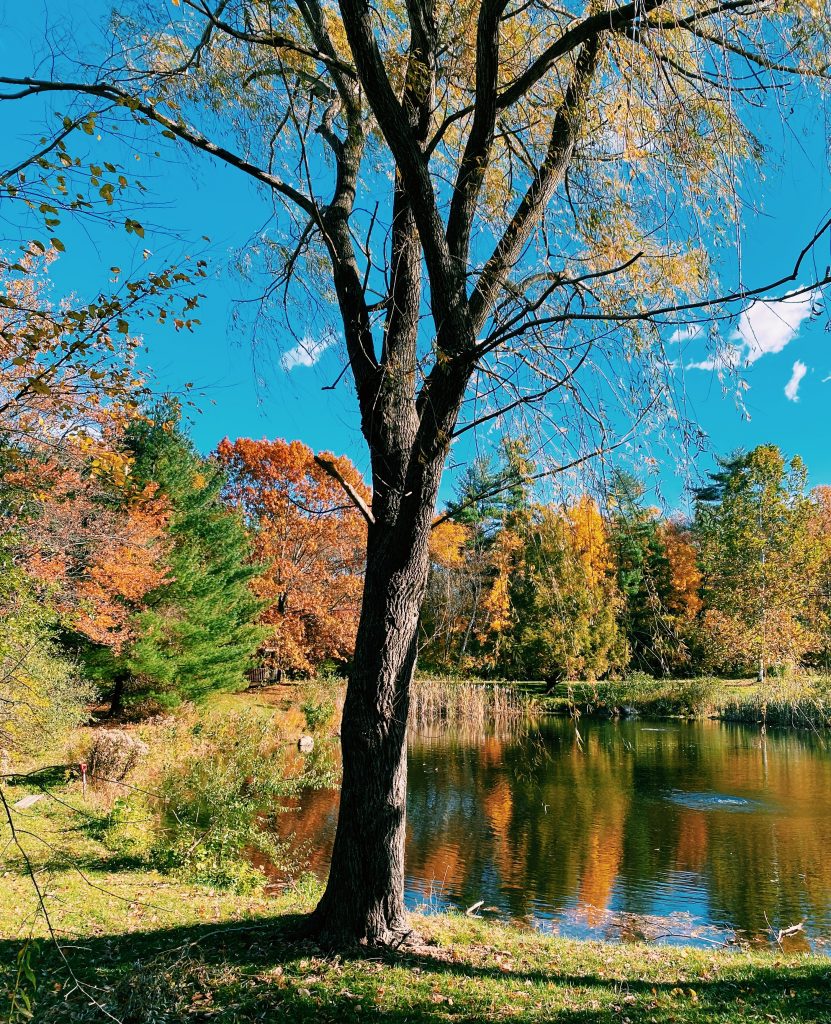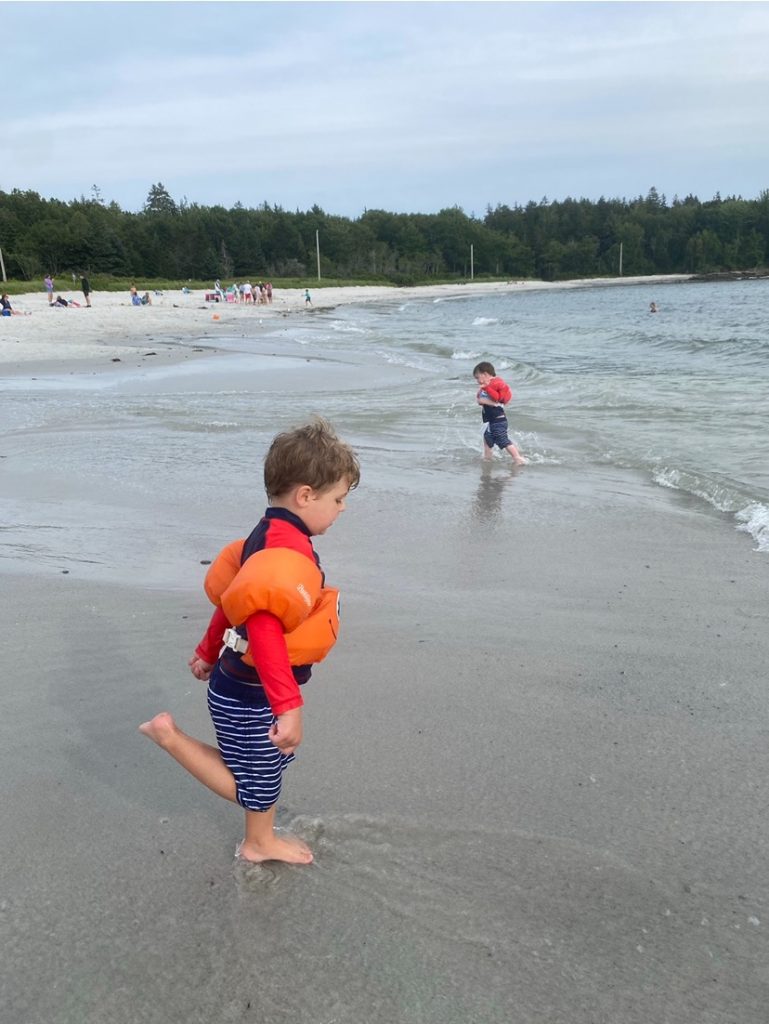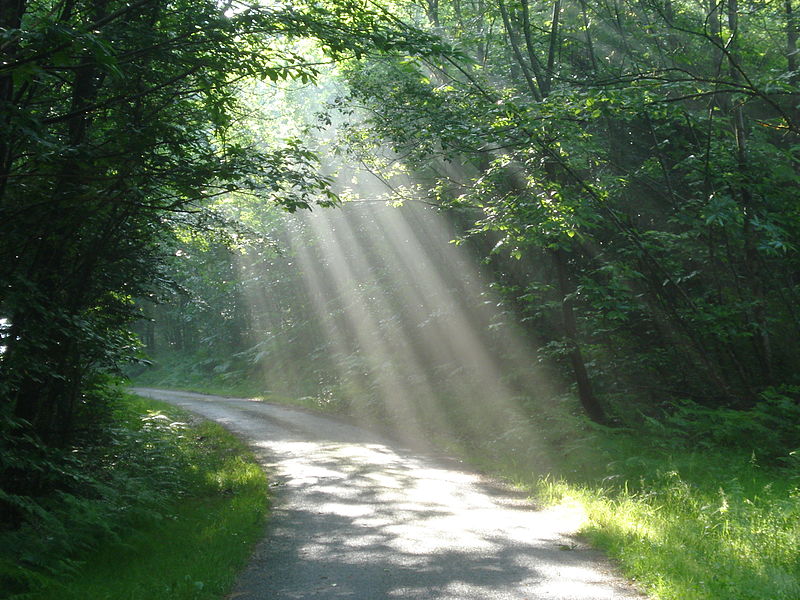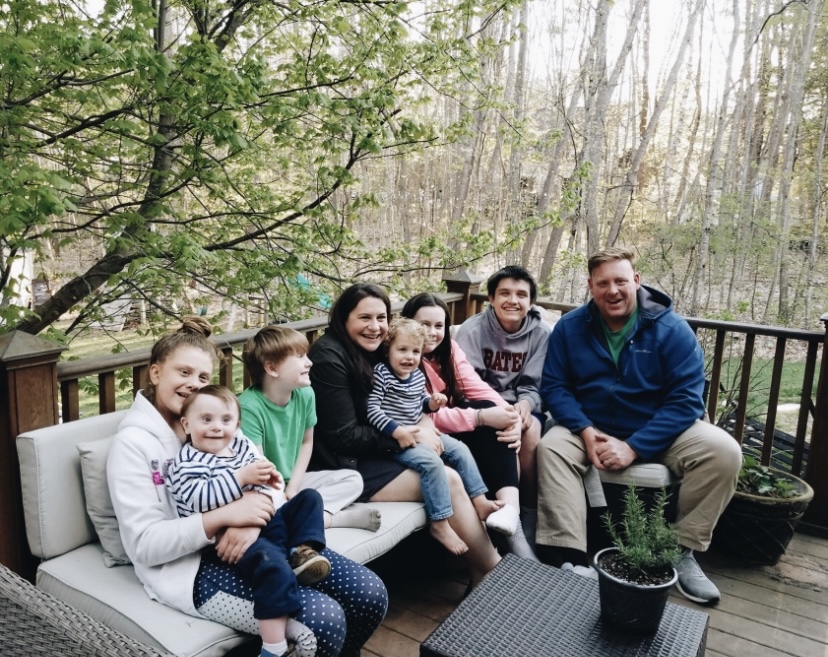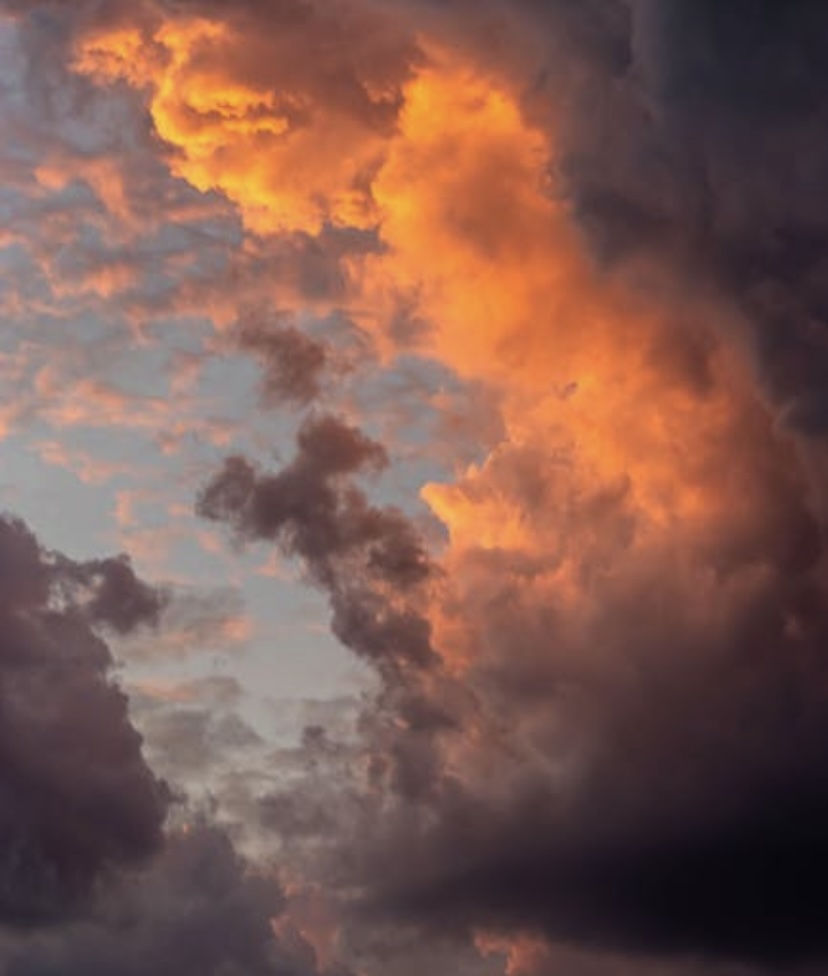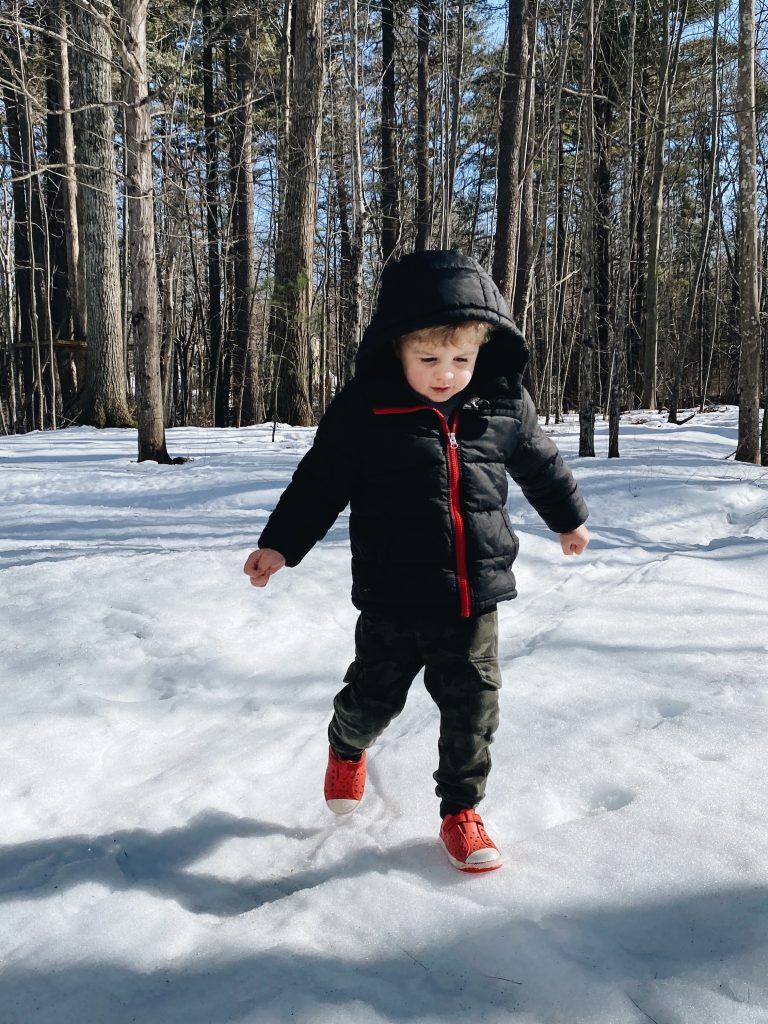Growth & Graces: The Year in Review
I got Covid a few days before Christmas which has meant that this week has been about resting rather than doing, and the slowness has actually been so sweet. We snuck up to our camp in Maine so the well members of our family could ski after being stuck in quarantine (I was the only one who got it!) while I hung with the twins. There is nothing quite like looking out at a frozen lake to make you reflect.
This year has been hard for so many. I generally operate under the impression that we are all works in progress. But the emphasis lately feels so much more on the ‘work’ part and less on the ‘progress’ part. I know this is a function of being run down literally by the virus, but it is also from the virus taking up so much of our energy in the past few years, you know? We’ve been studying cases and taking kids to be tested and planning things only to re-plan them when the virus made us cancel things. Instead of having energy for creativity and problem solving, so many of us are using our energy just cope. But perhaps those are the times we have to look even harder to find the lessons and the graces being sent our way. Here are a few of the ones I could find when I looked back on this year.
- Embracing Imperfection
My year was full of the lessons of embracing imperfection (again, for the hundredth time). I’ve been working on embracing mine and others in countless ways, and have learned anew the importance of leaning hard on a God who is perfect, who can heal us and bring us ever more deeply into a life of Grace.
2. Rejecting Blame
If you know me in real life, chances are I have probably talked to you about the impact this book has had on our marriage, but also how the author Stephen Stosny has created such a contribution to overcoming resentment, anger and blame. (See this article for a short version of his ideas.)
The biggest a-ha moment I have had this past year was working out while reading that blaming keeps us stuck. It keeps us stuck because when we blame, we are powerless, and it keeps us stuck in the part of our brain where we can’t do anything but look at the past. Instead, Stosny invites us to move to the part of our brain where we can problem solve and make decisions. He has 4 simple things we can do whenever we are stuck in blame.
1) Appreciate 2) Improve 3) Connect 4) Protect
These four actions will always bring us in touch with our core values, instead of our core hurts, and it will always allow us to move forward in any situation because doing these four things activates us into problem solving mode. I have noticed that whenever I do one of these things, I always feel empowered and strong and centered, and am able to be the mom/wife/sister/friend I want to be if I focus on these.
If there is anything our world needs, it is is ways to overcome blame, and to connect with our core values instead of our core hurts. I feel like Stosny’s work should be required reading for grown ups.
3. Embracing Responsibility
I am halfway through the book Extreme Ownership and much like the 4 things you can do to move away from powerlessness, every principle in this book teaches you that taking extreme responsibility keeps you powerful to effect change. These ideas are helpful to any leader, but especially as a mother who is trying to lead people at various stages of development. It has made me view problems through a new lens. Instead of getting frustrated and complaining about them, I think about what I need to do to change the situation. It is such a healthy mindset and I can’t wait to keep growing in this area, and helping my kids grow in this mindset too.
4. Finding Patience
In addition to needing patience for the many areas of imperfection I’ve discovered, I also just started sending out my novel to agents. You can ask any writer, the level of uncertainty and angst when you are at this stage is enough to just give up to spare yourself from the rejection and heartache. The hope that the words you wrote might touch someone’s heart is the only thing that keeps you going. I sent out a few queries before thinking that in January when everyone goes back to school I will want to sit with it again and go over it with a fine tooth comb. But then, to add to my general angst about this, my word for the year from Jen Fulwiler’s word of the year generator was ‘Ready’.
What do you mean, ‘ready’? Ready for what? Do you mean my novel is ready? Do you mean I am ready to do something else? Should I be getting ready for something? What is READY?
So obviously things are going well.
I know that in a few areas of my life, God is asking me to be patient and trust him. So I will.
5. Daily Graces
One of the things my spiritual director has been getting me to notice is the daily graces God is sending my way. It is a very centering and powerful practice to try to be present enough in the day to be on the look out for these, and to my surprise and delight, I find them most often surrounding loving people. The joy and delight in my kids – their personalities, their affections, their sense of humor – these are always the things that outweigh any difficulty, and give me the energy to move forward, and give me such a sense of love and peace. If that isn’t evidence of God’s graces I don’t know what is.
6. The Need for Boundaries
There have been so many different relationship struggles in people around me right now that have me revisiting the book Boundaries by Dr. Henry Cloud. Based on the (small) amount of time I have spent on Facebook groups, it appears to be a rampant problem that we humans are bad at knowing and setting our boundaries. So for anyone reading this who just can’t quite figure out a problem they are having with someone else, my guess is this book – or his relationship-specific other ones – will help you sort it out.
7. The Primacy of Essence over Existence
This one is a philosophical insight, and it came to me through Bishop Barron’s video Ideas Have Consequences: The Philosophers Who Shaped 2020 .
He goes through four philosophers: Marx, Nietzsche, Sarte and Foucault. And the vein through all of them is the atheist worldview that our will should reign supreme, and any force that challenges that should be fought. Especially the idea of a God or a religion that seeks to limit our will. Most interestingly, he talked about Sarte’s view that the problem with religion is that it imposes the idea that essence precedes existence. Religion holds over us the idea of an essence we should conform to in our existence. But Sarte argued our existence should precede our essence. We should live and have experiences and then that should tell us what our essence is. He boiled it down to a maxim: ‘If God exists, then I am not free. But I am free, therefore God does not exist.’
If you have been a longtime reader of the blog you know I dropped out of my Philosophy PhD program when my oldest son was 6 months old. I wanted to stay home, but a not small part of my decision was that the program I was in was heavily weighted in modern existential philosophy and thinkers like Sarte, and these were so soul-sucking it led to a depression that I have heard even priests experienced when they studied these philosophers. (I wrote about it a little here in response to having a baby with Down syndrome.)
But this time, when I revisited these ideas, I was so struck by how easy and joyful it is to do the opposite of what Sarte thinks we should do. Finding ways to discover the essence of things and to try to be a part of that, to be a part of something bigger than myself, to understand the essence of being human, being a mother, being a wife, being a writer, being a Catholic, is so inspiring and uplifting and makes life so worth living. The antidote to the depression I felt as a grad student is living with the awareness that Essence precedes Existence. There is meaning and purpose to be had, and this is the formula. This is the blueprint for a life worth living.
I know I will be thinking about these ideas a lot on the year to come.
8. The Need for Rest
I have discovered this past year that I need to work smarter not harder, and a big piece of that means carving out time to rest. I see the ways that not granting this time to rest throws me out of balance and I’m determined to do better in 2022. Going to be early, and taking Sundays to slow down are my goals. I’ll let you know next year how I fared.
Thank you for being here and visiting this tiny corner of the internet. If you have read this far, you must be a kindred spirit, and I am so thankful for you! For your light and your spark. I hope they brighten the lives of all you love in the coming year.
Happy New Year friends. Let’s make it a good one.
